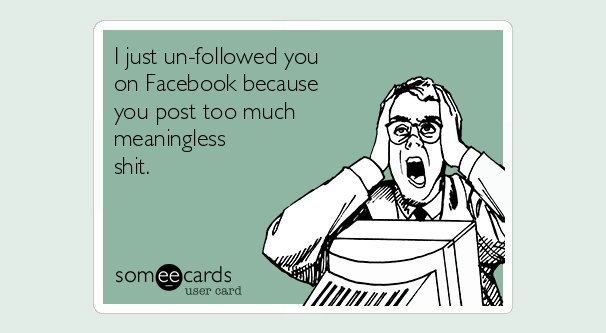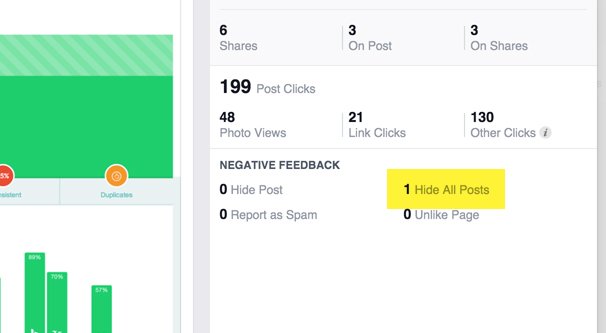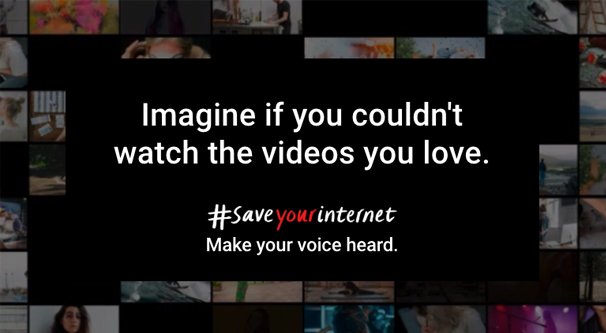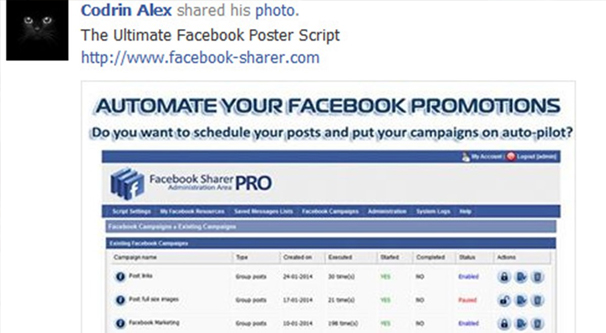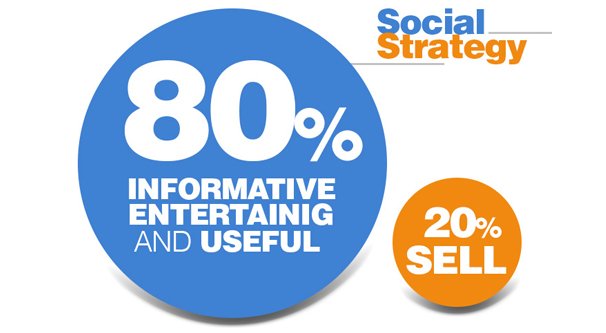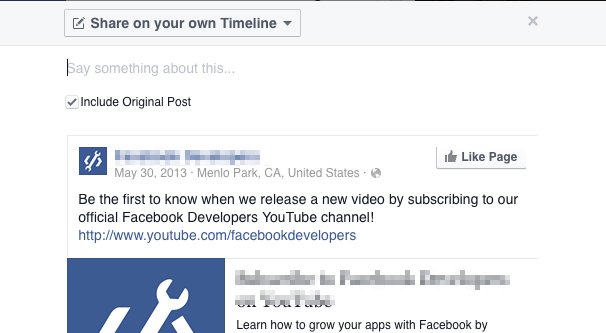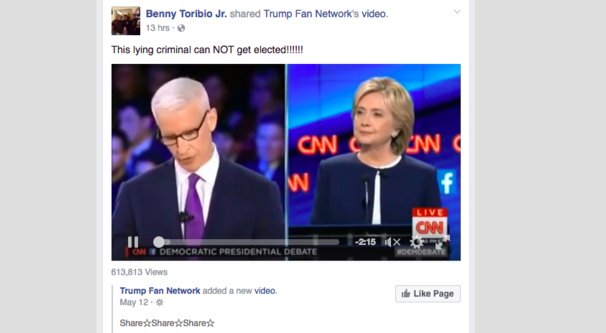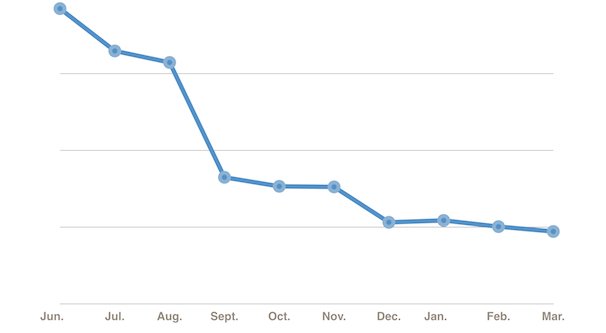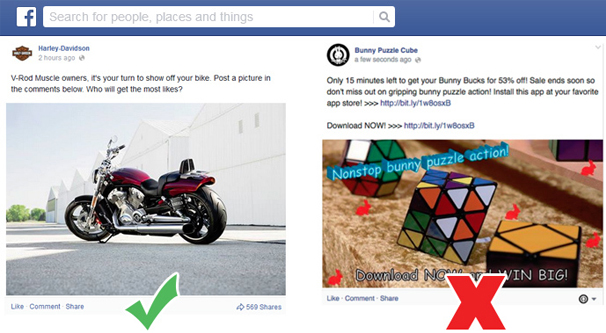Why Did So Many People Hide Your Facebook Post?
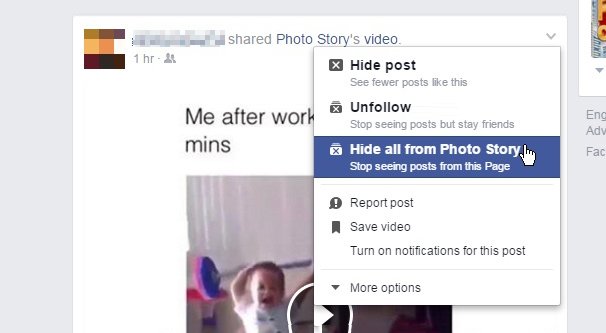
Facebook as a platform is notoriously difficult to use to engage your audience. When posts reach on average a whole 6% of your audience at most, it’s incredibly difficult to reach them all. Paid ads can only do so much.
Many brands attempt to sidestep the issues by posting more often, or by resorting to abusive techniques in order to reach more of their audience. After all, even if every post hits a mere 6% of your audience, there’s nothing that says the 6% from one post is the same 6% from another, right?
It’s one thing to encounter naturally low engagement numbers, but what happens when negative engagement builds up? Negative engagement, in case you don’t know, are negative actions users can take on your posts. They can hide your posts, hide your entire feed, unfollow you, unlike you, and even report you for various rules violations.
If it’s not one thing then it’s another, isn’t that the way it always goes? Your efforts are backfiring, people are hiding your posts at an alarming rate, and you have to figure out why. Here are the top reasons I often see people hiding posts on Facebook.
You’re Posting Too Frequently
High frequency posting is one of the leading causes of people hiding posts, in my experience. When you post more often, your posts are seen more often, yes, but some people are going to be scrolling down their feeds and see two, three, or more of your posts basically all in a row. If they aren’t using an ad blocker, it might be interspersed with ads from you as well, and that just tips things over the top.
I recommend doing some studies into the diminishing returns on your posts. The more you post, the more the raw volume of clicks goes up, but the percentage of your audience that clicks through will go down. At some point, the returns are no longer worthwhile. People, meanwhile, will be taking all sorts of negative actions just to get away from what they view as you spamming their feed.
In general, unless you’re a very large or news-oriented blog, I recommend posting no more than 2-3 times per day. Often, once per day is more than enough. Only agencies like Forbes can get away with multiple posts per day on a regular basis, and even they can suffer for it.
You’re Posting Spam
In some cases, you might be posting content that people consider spam, or that may be considered spam by the rules of Facebook. For example, obvious clickbait, links to fake giveaways or to phishing sites, overt promotion on an organic account, and those dumb “live” videos that are static images with weird floating triangles are all violations of some kind of content policy or another.
Yes, a lot of people post these kinds of content. Yes, a lot of people engage with these kinds of content. No, these kinds of content are not safe to post. Any account posting anything that violates the rules of Facebook can be punished at any time. It can range from losing followers all the way up to the complete suspension of your account, if the violations are continuous and egregious enough. Facebook loses absolutely nothing by banning you.
Obviously, if your account is compromised by a faulty app or by a data breach, anyone with your information could be posting on your account. Keep an eye on what you’re posting and try to make sure you aren’t posting malicious content.
You’re Posting Off Topic Content
Users who follow your account expect a certain range of topics to be covered when you post. Someone following PC Gamer is going to want to see gaming-related content. They won’t care much about news or current events that don’t involve gaming. A fashion company should be posting about fashion, the fashion industry, products coming out or trending, and so on.
The more off-topic you get, the more of your followers are likely to hide those posts. PC Gamer posting about politics (outside of a narrow range of political topics that affect gaming, like Article 13 or Net Neutrality) is going to be slapped for it.
Some brands might want to champion a cause strongly enough to make this a worthwhile penalty. Others would be better off staying in their lanes. It’s a tricky world to navigate, and it requires a good level of understanding your audience to navigate successfully.
Your Voice is Hollow
When a user follows you, they have a reason to do so. Sometimes it’s a simple reason, like a giveaway. Often, those users leave before long, so it’s more reasonable to consider the people who stick around. Those people are there for your voice, for your perspective, for your authority and information.
The more you put Facebook on auto-pilot, the more people will notice. You lose a certain level of authentic voice and concern. People recognize that you’re not putting your all into Facebook, that you’re running it more out of a mechanical necessity. A marketing checklist says you should have a Facebook, so you have one.
When your voice rings hollow, people leave. They can sense it, and sense that you don’t care about them. When this happens, you need to draw back and reconsider your entire Facebook presence, lest you lose everything to apathy.
You’re Too Advertorial
Sometimes, your posting turns too much towards commercial content. Facebook doesn’t like it when you’re posting commercial content organically, and I mean that in both senses. Facebook as a platform has rules against overly promotional posts; they want you to keep that limited to ads, and keep your organic posts more informational or casual. Facebook users in general are sick of advertising, because they’re inundated with it from all sides all the time on every website. It’s why there’s a growing adoption for adblockers and why Facebook keeps making tiny, subtle changes to prevent those adblockers from working.
If you’re straying too far into self-promotion, particularly in product promotions, you’re going to lose visibility. People are going to want to see your content less, and they’ll be more likely to unfollow your page or remove their like entirely. As hard as it is, keep your organic feed organic and natural.
You’re Reposting Too Much
One semi-advanced marketing technique that people like me push occasionally is the idea of reposting your own content. After all, if only 2%, or 4%, or 6% of your audience is seeing your post, posting a couple of times – different times of day or days of week – will get you different sections of your audience. That’s the theory, anyway.
In practice, reposting content tends to have some issues. A second post is forgivable, but beyond 2 posts, you’re generally going to want to change up the post, if not the title and link. Let your first post die – or even delete it – before reposting, so the same post won’t show up multiple times in a user’s feed.
Reposting can be a good way to get more engagement on the same content, but if you repost too often, users catch on and they don’t like it. Facebook already recycles content frequently enough.
You’re Being Targeted by Bots
Facebook has a bot problem. Facebook actually has several bot problems. Bot networks are frequently used to promote controversial content, which is the core of the issues surrounding the 2016 election in America, among other things. It’s entirely possible other world issues, including Brexit, were influenced by this as well.
In addition to promoting content for one particular viewpoint, it’s entirely possible that bot networks are having the opposite effect. It absolutely would not surprise me to see networks of bots on an organized campaign to “downvote” or demote content from brands that would otherwise have a large platform or be able to push their agenda effectively.
Usually this is state actor level interference, but there’s always the possibility that a botnet owner could sell their services to your competitors, targeting your posts with reports and demotions. This kind of unnatural interference is difficult to deal with, because Facebook has so little protections in place. You just have to hope the botnet is dealt with.
You’re Angering Your Audience
It’s always possible that you’ve avoided the above problems, but the content you’re posting – with your authentic voice – is somehow distressing to your audience.
Usually this comes from companies setting foot into controversial territory. Talking about gun control, about racism, about political perspectives, about “social justice warriors” and other such issues tends to receive a lot of backlash. It doesn’t matter which side of the issue you’re on. If you’re posting a conservative point of view, people who view human rights as rights will tend to backlash. If you’re posting a liberal point of view, the organized *-gate machine will come down on you to artificially trash your account and try to damage you as much as they can, like the petty babies they are. This gets worse if your brand is minority-owned or controlled by women.
This is why a lot of brands tend to be carefully conservative, without outright promoting any sort of injustice or supremacy movements. Obviously, avoid being racist on the internet or off; that’s A Bad Thing. Consider keeping your feet out of the water on either side, though, just because of how much backlash you might encounter.
You’ve Lost Relevance
Sometimes you’re just… fading away. Brands fail. Brands die. Companies lose their relevance, and need to adjust if they want to survive. If your product has been supplanted, or the need for it has disappeared, your brand doesn’t have much staying power. The longer you go struggling to maintain relevance without adjusting to the times, the more people will hide your posts.
You need to adapt and change, keep up with the times and the changing perspectives on the social network. If you can’t adapt, you’re likely to fail.
How to Avoid Users Hiding Posts
The best thing you can do to help avoid the issue of users hiding posts is to make your posts useful and interesting. Provide interesting information or an interesting perspective on current events, within your industry primarily. “Stay in your lane” as much as possible, to avoid stepping so far off topic that users decide they’d rather not see your content.
You might also want to make sure you aren’t crossing the streams too much. Hashtags are a big example of this; they’re beneficial on Instagram and Twitter, but they’re actively detrimental on Facebook. They make it look like you’re not paying attention and just robotically cross-posting content.
Avoid posting content about sales, deals, new products, or whatever is too advertorial for your audience. You can cover these topics, but monitor them and see if there’s a spike in backlash. If too many people decide your posts are too advertorial, you’ll need to dial back.
The key to all of this is to adapt and monitor the changes. If users are taking negative actions against your posts, figure out why that is, and change. If you can identify that you’re being targeted by bots, see if you can work with Facebook to figure it out. Otherwise, continue to tweak your posting until you’re recovering your audience’s trust. I can’t give you more specific advice simply because every Facebook account is different. Do what you can, and see where you stand.




